Here’s a deep dive into fascinating facts about Egypt, covering its history, culture, geography, people, inventions, and more:
When you think of Egypt, what’s the first thing that comes to mind? Pyramids? Mummies? The mysterious Sphinx staring across the desert sands? You’re not alone! Egypt is one of those rare places where ancient history is still alive in the present—and honestly, it’s pretty awesome.
From the grand temples of the pharaohs to the buzzing streets of Cairo today, Egypt is a land full of contrasts, colors, culture, and centuries of stories. Let’s take a fun, informal journey through this fascinating country and see what makes it so special.
🌍 Where in the World Is Egypt?
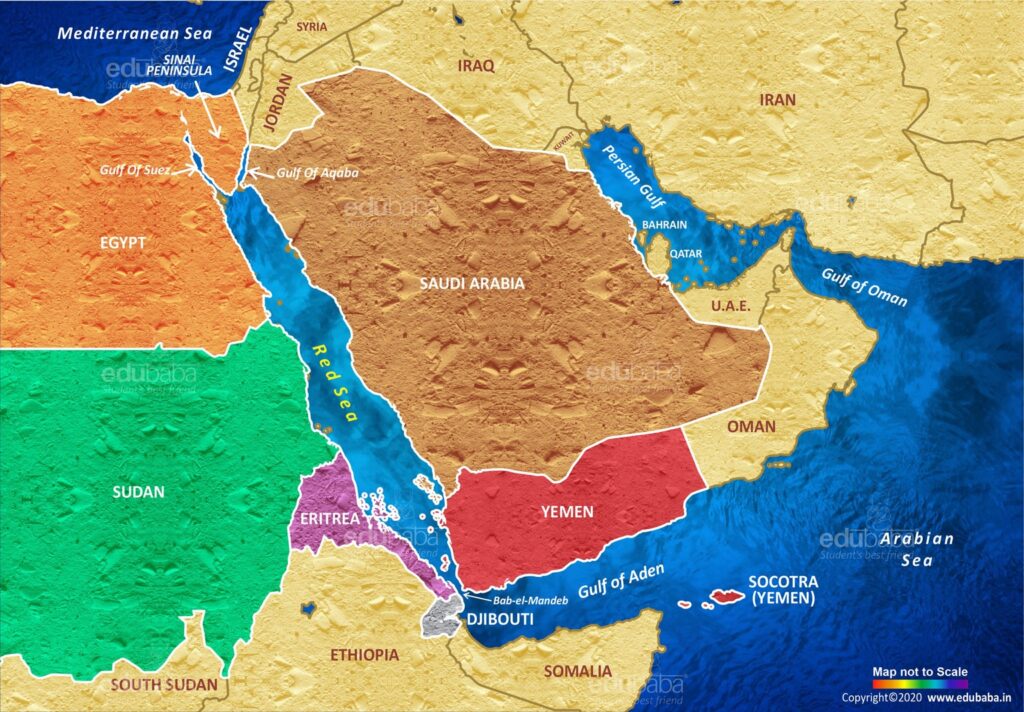
Egypt is located in the northeast corner of Africa, with a small bit in Asia (the Sinai Peninsula). It’s got the Mediterranean Sea to the north, the Red Sea to the east, and it’s bordered by countries like Libya, Sudan, and Israel. But the real superstar here is the Nile River.
The Nile is literally the reason Egypt exists. Without it, the country would just be endless desert. But thanks to this mighty river, Egypt has fertile land, farms, and cities that have thrived for thousands of years. Most people in Egypt live near the Nile—because everything else around is pretty much desert.
🏺 A Time Machine Back to Ancient Egypt
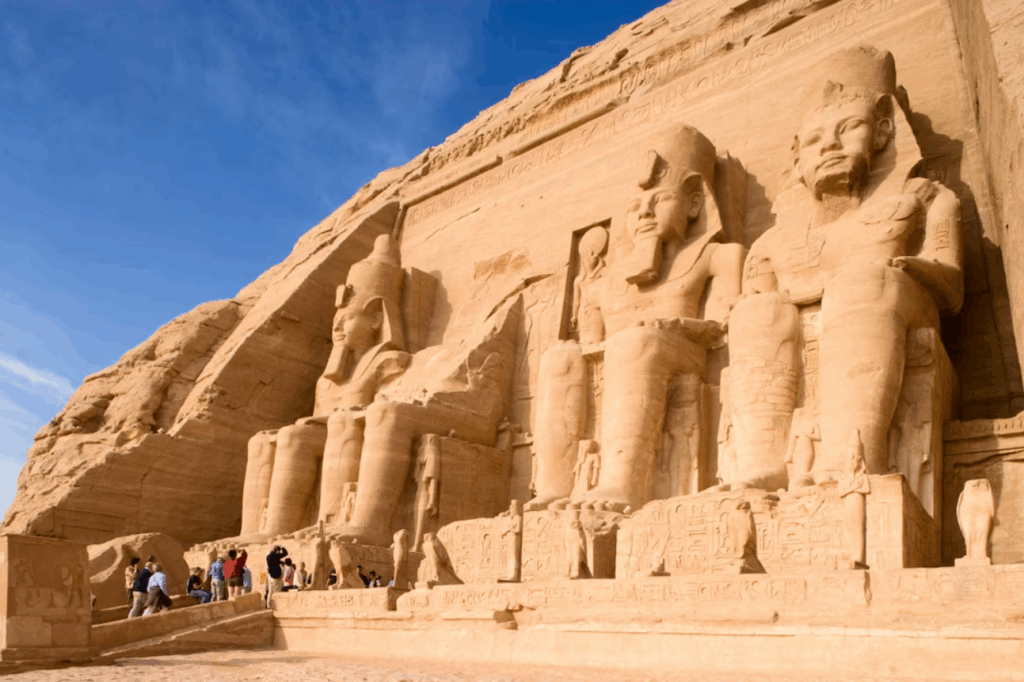
Okay, buckle up, because we’re going back more than 5,000 years! Ancient Egypt is one of the oldest civilizations in the world. It all started around 3100 BCE when Upper and Lower Egypt were united under the first king, Narmer (or Menes).
The next few thousand years were packed with:
- Pharaohs who were worshipped like gods.
- Gigantic pyramids, including the famous Great Pyramid of Giza—the last surviving wonder of the ancient world!
- Glorious temples, mysterious mummies, and tombs filled with treasures.
- A writing system called hieroglyphics—basically, picture writing.
Cool pharaohs like Hatshepsut (a powerful woman ruler), Akhenaten (the rebel king), Tutankhamun (the boy king), and Ramses II (the great builder) ruled during this time.
Eventually, Egypt got taken over by the Greeks (remember Cleopatra?) and then the Romans. But that’s not where Egypt’s story ends.
☪️ Enter Islam and the Birth of Modern Egypt
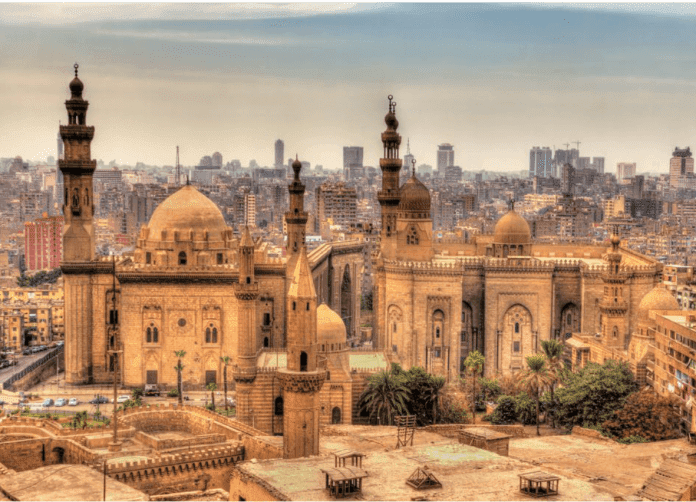
Fast forward to the 7th century CE. Islam arrived in Egypt, and it became part of the Islamic empire. The city of Cairo, founded in 969 CE, grew into one of the coolest places in the Islamic world—full of mosques, palaces, and universities.
For a long time, Egypt was ruled by different empires—like the Mamluks, the Ottomans, and eventually the British in the 1800s. But in 1952, Egyptians said “enough” and kicked out the monarchy to become a republic. That’s when Gamal Abdel Nasser became a national hero.
Today, Egypt is a country with modern cities, a strong military, and a growing economy—though it still faces challenges like poverty and water shortages.
🎨 Culture, Music & Everyday Life
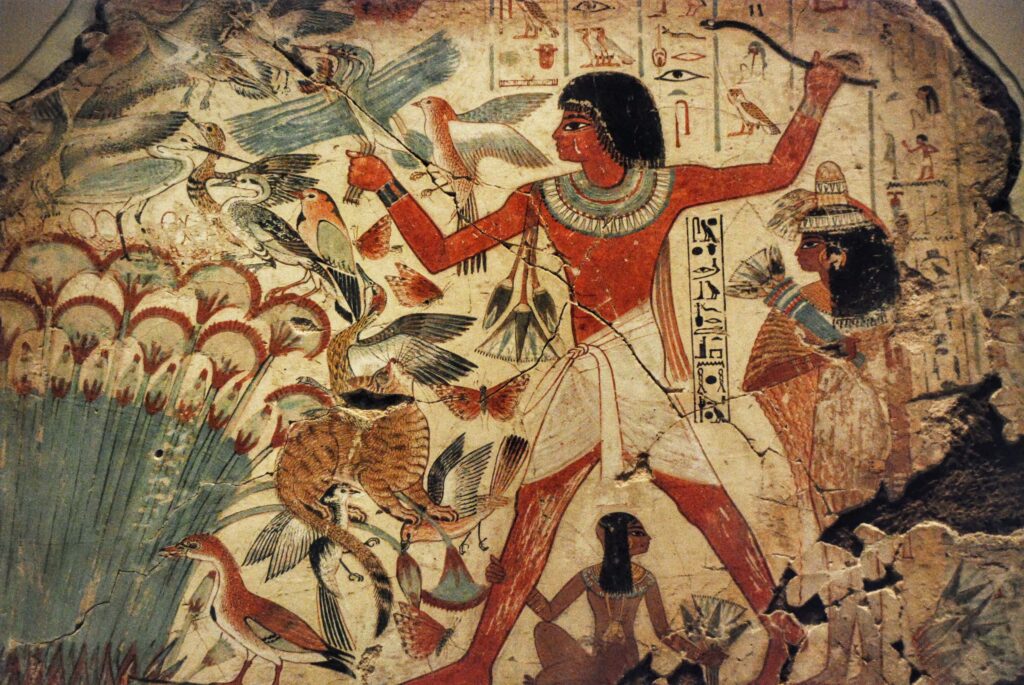
Egyptian culture is a blend of old and new. You’ll find ancient customs still alive today, side-by-side with modern trends.
- People mostly speak Egyptian Arabic, a unique and catchy dialect.
- Islam is the main religion, but there’s also a strong Coptic Christian community.
- Egyptians are known for being super friendly, funny, and proud of their heritage.
🥁 Music and Movies
Egypt basically owns the Arab film and music scene. Singers like Umm Kulthum and Amr Diab are legends, and Cairo has been called the Hollywood of the Arab World.
📚 Books and Poets
Ever heard of Naguib Mahfouz? He’s Egypt’s Nobel Prize-winning author and one of the most respected novelists in the Arab world.
✨ Tourism: A Living Museum

Egypt is a dream destination for tourists, and it’s not hard to see why.
Top Must-See Spots:
- Pyramids of Giza – You can even go inside one!
- The Sphinx – That mysterious lion-human statue guarding the pyramids.
- Luxor & Karnak Temples – Huge ancient complexes full of stories carved in stone.
- Valley of the Kings – Where King Tut and other royals were buried.
- Abu Simbel – Giant statues of Ramses II carved into a mountain.
- The Egyptian Museum – Want to see real mummies and golden masks? This is the place!
And it’s not just ancient stuff—Egypt has beautiful beaches, world-class diving in the Red Sea, and cool resort towns like Sharm El Sheikh and Hurghada.
💰 Economy & Modern Life
Egypt’s economy is like a big mix of old and new industries.
Key Sectors:
- Agriculture – Thanks to the Nile, Egypt grows crops like cotton, wheat, and fruits.
- Oil & Gas – A major money-maker.
- The Suez Canal – A shortcut for global ships, and a major source of income.
- Tourism – When it’s booming, it brings in billions of dollars.
But not everything is sunshine and pyramids. Egypt deals with stuff like high population growth, unemployment, and limited water resources—especially now, with tensions over the Grand Ethiopian Renaissance Dam on the Nile.
🏙️ Politics and Power
Egypt is a republic, and its current president is Abdel Fattah el-Sisi, who took power in 2014 after some political chaos. You might remember the 2011 Arab Spring, when Egyptians protested and overthrew long-time leader Hosni Mubarak.
Since then, things have been up and down. On one hand, the government has focused on big projects like:
- Building a New Administrative Capital near Cairo.
- Expanding highways, schools, and power plants.
- Boosting renewable energy.
On the other hand, some people worry about human rights, press freedom, and political control.
📈 What’s Next for Egypt?
Egypt is definitely moving forward, but like every country, it’s got stuff to figure out. It needs to create more jobs, manage its water wisely, and balance tradition with modern life.
But if there’s one thing Egypt has shown the world, it’s resilience. This country has survived invasions, revolutions, droughts, and more—yet it continues to thrive and inspire.
💬 Final Thoughts
Egypt isn’t just a place—it’s an experience. A walk through the streets of Cairo or a visit to the Valley of the Kings is like flipping through a real-life history book. But what makes Egypt truly special isn’t just its monuments or museums—it’s the people, the stories, the food, the music, and the magic that you feel in the air.
Whether you’re into ancient mysteries, sunny beaches, spicy street food, or lively markets, Egypt has something for everyone.
So, next time someone says “Let’s go on an adventure,” you know where to go. 😉
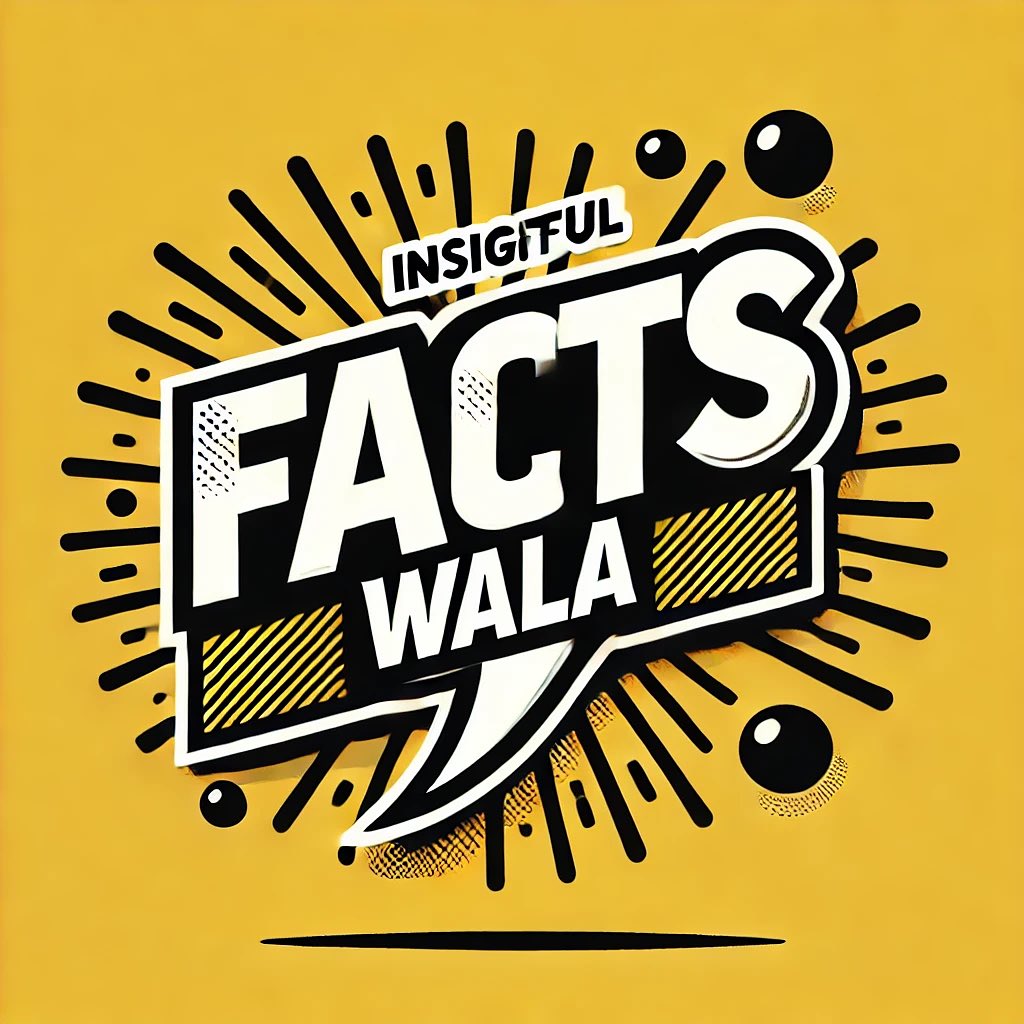
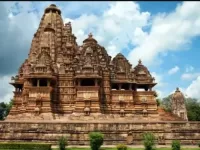







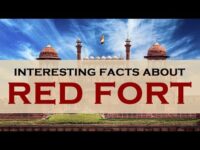
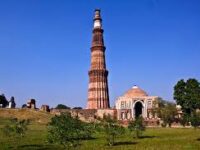



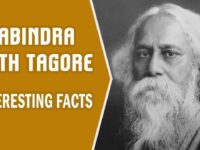








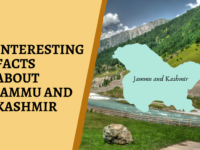
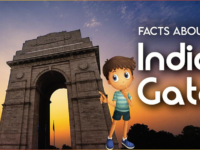

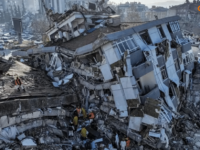
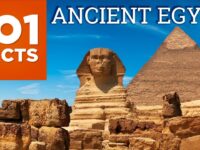
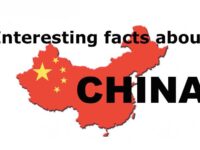
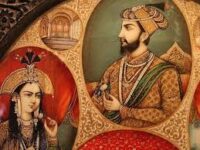
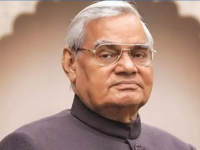




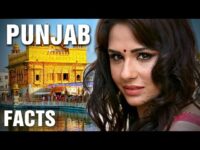


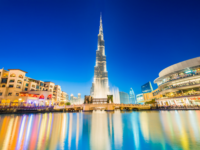

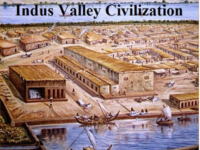






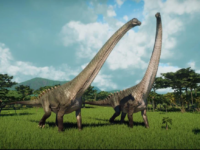

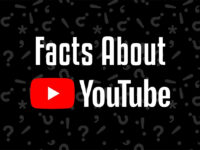


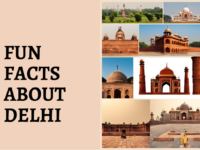


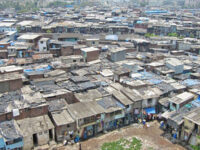
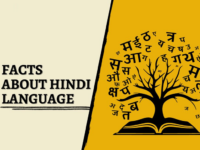
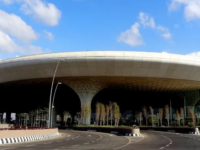



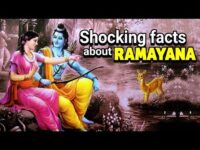
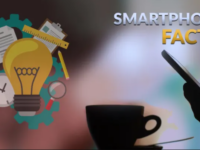


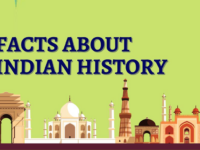
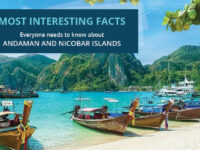
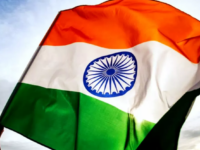
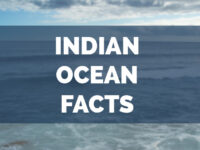
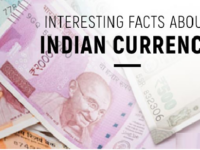
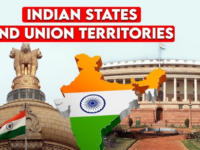

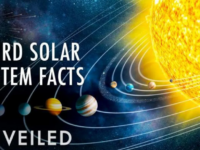




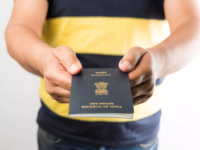
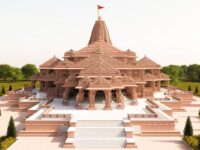

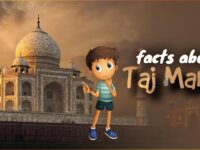





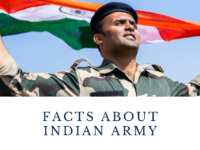
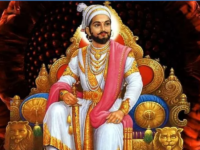
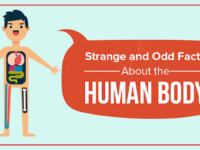



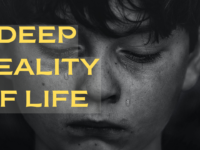

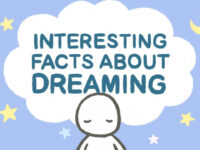


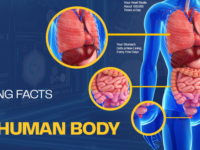
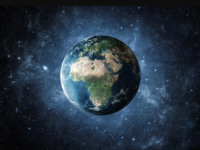



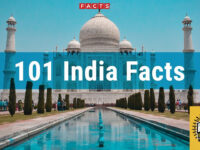
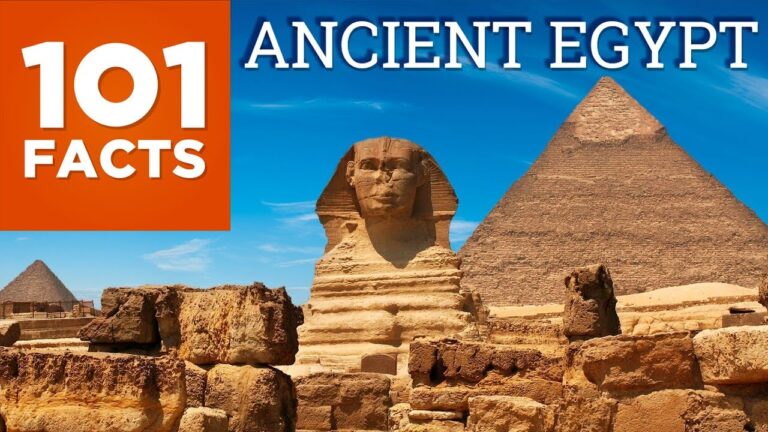
0 Comments